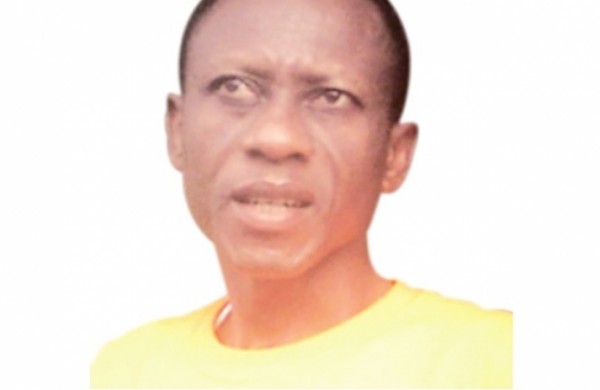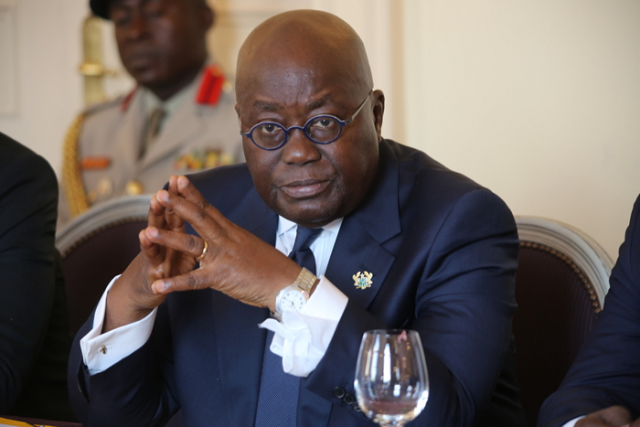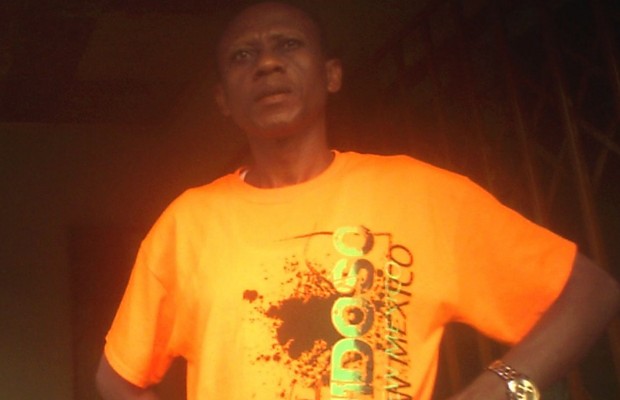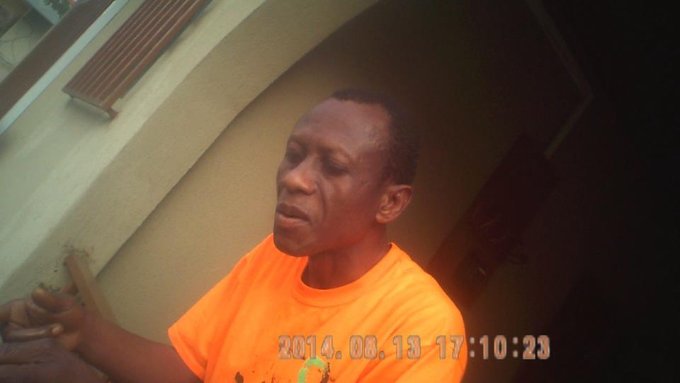The ruling exonerated the Chief Executive Officer of Starr FM, Mr Nathaniel Kwabena Anokye Adisi; the Executive Director of the Media Foundation for West Africa (MFWA), Mr Sulemana Braimah, and others.
Others joined in the suit were the Editor of the New Crusading Guide, Mr Samuel Frimpong, and the Deputy Editor of the New Crusading Guide, Mr Ernest Addo.
Justice Dery’s shock
However, in a quick reaction after hearing of the ruling on two Accra-based private radio stations, Mr Justice Dery, who appeared surprised by the turn of events, petitioned the Chief Justice to conduct investigations into the matter to ascertain its veracity for the necessary remedial action to be taken.
In a petition filed by his counsel, Nii Kpakpo Samoa Addo, Mr Justice Dery said the High Court was scheduled to hear the contempt case on October 12, 2015.
“This news came as absolute shock to me, since on the motion paper, the said case is scheduled to be heard on October 12, 2015.
“Furthermore, we are reliably informed by the bailiff responsible for the service of the application on the respondents that the first, second, third and fourth respondents in the matter have not been served and also none of the respondents has to date filed an affidavit in opposition to our application,” Mr Justice Dery said.
According to Mr Justice Dery, he had not been served with any hearing notice seeking to change the date on the said motion paper.
“This in my opinion is a clear violation of my rights to be heard in court. I am petitioning your good office to cause an investigation to be conducted into the matters raised and to ascertain their veracity for the necessary remedial action to be taken.
“We wish to state that this letter is without prejudice to my rights to appeal against the said ruling,” he said.
Background
Mr Justice Dery, who was indicted in the alleged bribery scandal involving 33 judges and more than 80 officials of the Judiciary, sought to stop the video, which was premiered at the Accra International Conference Centre on September 22 and 23, 2015.
He was one of the judges caught on camera allegedly taking bribes to pervert the course of justice in cases pending before them.
He had wanted the court, presided over by Mrs Justice Gertrude Torkornoo, to convict and punish the people and institutions involved, since they would continue to disregard the courts and justice if they were not dealt with.
Surprised reaction
In a related development, yesterday, the 14 circuit court judges and magistrates’ attempt to stop the Disciplinary Committee of the Judicial Council from conducting disciplinary proceedings against them by filing application for injunction was dismissed by the Accra High Court.
The judges, who are part of 22 lower court judges allegedly caught taking bribes on video, sought a declaration at the High Court to stop the disciplinary proceedings, arguing that they were contrary to the law and due process.
They also sought a declaration that the panel constituted by the Chief Justice to investigate and institute disciplinary proceedings against them had no legal basis and, therefore, was null and void.
They wanted the work of the Disciplinary Committee to be stopped until the final determination of the suit, which was filed on September 11, 2015.
The plaintiffs are: Emmanuel Kofi Sunu, Benjamin Yaw Osei, Kodwo Filson, Seyram Tsatsu Azumah, Isaac Akwantey and Florence Ninepence.
The rest are: Jacob Amponsah, Alfred K. A. Mensah, Albert Zoogah, Isaac Amoah, Michael Gyamfi Boamah, Paul Alhassan, Stephen Asuure and William Baffoe.
The Attorney-General, however, also filed an affidavit to oppose the injunction.
Ground of application
The counsel for the plaintiffs, Mr John Ndebugri, had argued that the Judicial Council had no jurisdiction to investigate and take disciplinary action against his clients.
He had said the committee was interfering with the rights of the plaintiffs by adopting a wrong procedure. According to him, the best procedure was for the plaintiffs to be put before the court to secure a conviction before the Chief Justice could take any disciplinary action against them.
“When dealing with lower court judges, the action should be formal and not summary because the penalties involved are different.
”In one breath the committee said the proceedings are formal and in another breath it said it is summary and this is incoherent. Our argument is that there is no indication that the committee proceeded against the judges formally or summarily,” Mr Ndebugri stated.
Opposition
Arguing in opposition, Mrs Hellen Ziwu from the Attorney-General’s Department said the Judicial Council had the authority to investigate the plaintiffs, since the Chief Justice could be assisted by the council in the execution of her duties.
“The plaintiffs’ counsel wants them to come to court and testify but a prima facie must be established against them first.
“What the Disciplinary Committee is doing is appropriate and due process is followed,” Mrs Ziwu told the court.











 (Selorm) |
(Selorm) |  (Nana Kwesi)
(Nana Kwesi)